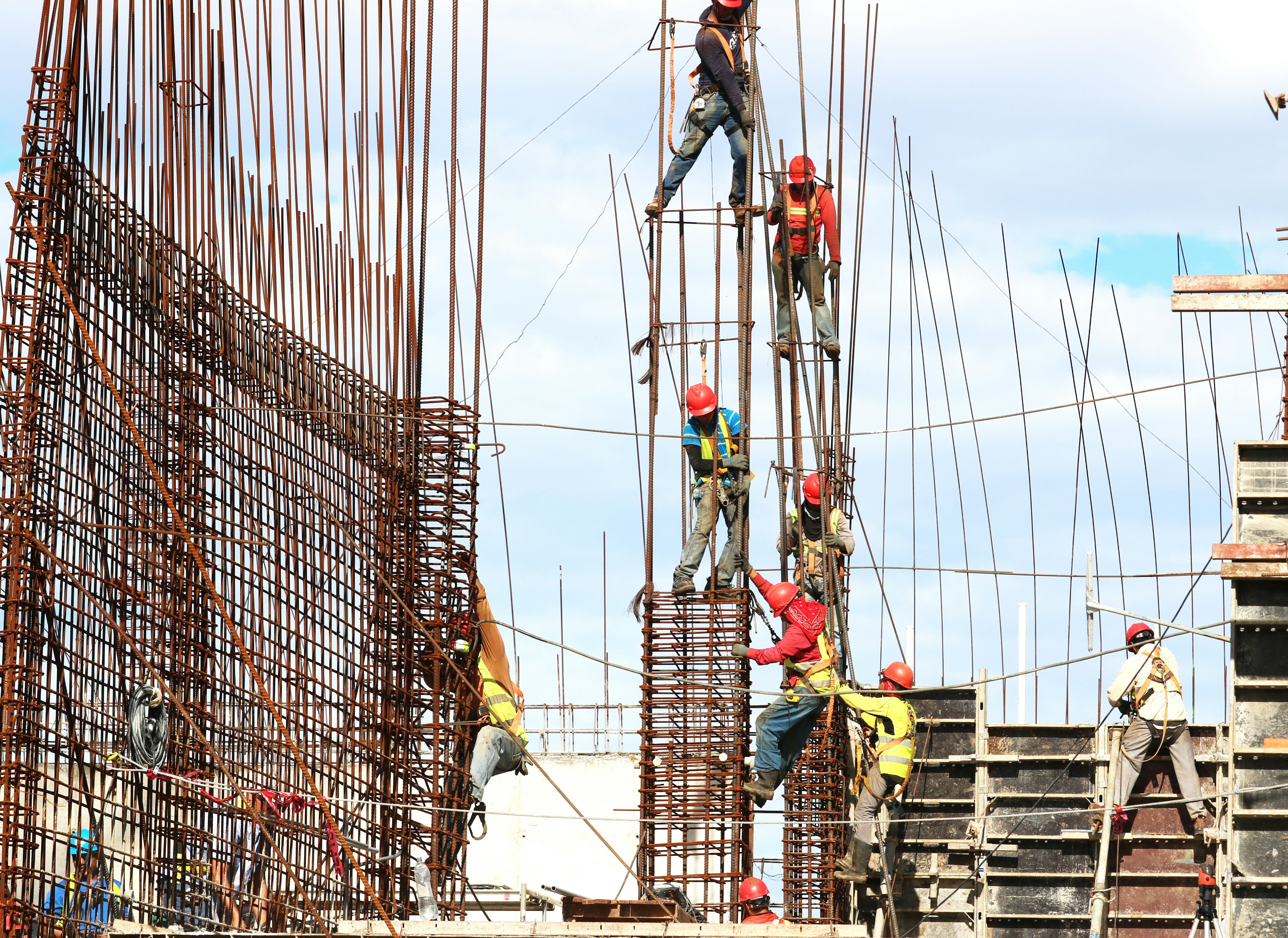
Frequently Asked Questions
Get expert answers to your construction tax compliance questions
Get Started Free Read Full GuideDomestic Reverse Charge (DRC) FAQs
The VAT Domestic Reverse Charge (DRC) is a mechanism designed to combat VAT fraud in the construction industry. Under the DRC, the customer receiving the service is responsible for accounting for VAT to HMRC rather than the supplier.
This means that the supplier doesn't charge VAT on their invoice, and the customer accounts for the VAT through their VAT return. The DRC applies to specified services reported under the Construction Industry Scheme (CIS).
You should use the DRC for your invoices when all of the following conditions are met:
- The supply is within the scope of CIS
- Both the supplier and customer are VAT-registered
- The service is not supplied to an end user or intermediary supplier
- The supply is standard or reduced-rated for VAT
Want to check if DRC applies to your situation?
Register for Free DRC CheckerThe 2025 DRC regulations that came into effect on March 1, 2025, include several key changes:
Expanded Scope
Certain previously excluded construction services now fall under DRC
Mixed Supplies
New rules for handling supplies that partially fall under DRC
Get Personalised Guidance
Access detailed information and personalised advice about how the 2025 changes affect your business.
Start Free TrialA compliant DRC invoice must include:
- All information required on a normal VAT invoice
- Clear indication that the reverse charge applies
- Statement that the customer must account for VAT
- The VAT amount or rate (but not included in the charge to customer)
IR35 & Off-Payroll Working FAQs
IR35 (also known as off-payroll working rules) is tax legislation designed to identify contractors who work through personal service companies but should be treated as employees for tax purposes.
For construction contractors, IR35 status is crucial because it determines:
Outside IR35 (Good)
• Greater flexibility
• Business expense deductions
Inside IR35 (Challenging)
• Less flexibility
• Fewer deductions available
IR35 status is determined by examining the working relationship between you and your client, focusing on three key areas:
Control
Who controls how, when, and where work is done?Substitution
Can you send someone else to do the work?Mutuality of Obligation
Is there ongoing obligation for work and payment?Get Professional IR35 Assessment
Register for Free AssessmentPlatform & Features
DRC Assist provides a comprehensive suite of construction tax compliance tools:
- DRC Compliance Checker
- Professional Invoice Generator
- IR35 Assessment Tools
- Document Analysis
- Tax Assistant Chatbot
- Compliance Dashboard
- Expert Support
- Regular Updates
Try All Features Free for 14 Days
Start Free TrialBilling & Subscription
DRC Assist Professional
per month
Complete access to all compliance tools and features
Your subscription includes:
- Unlimited DRC checks and invoice generation
- Comprehensive IR35 assessments
- Document analysis and compliance checking
- Expert support and guidance
- Regular updates and new features
Still Have Questions?
Get personalised answers and expert guidance with your free trial